Supporting Peer Relationships
With our support, preschoolers may be ready to engage in play and friendships with their peers
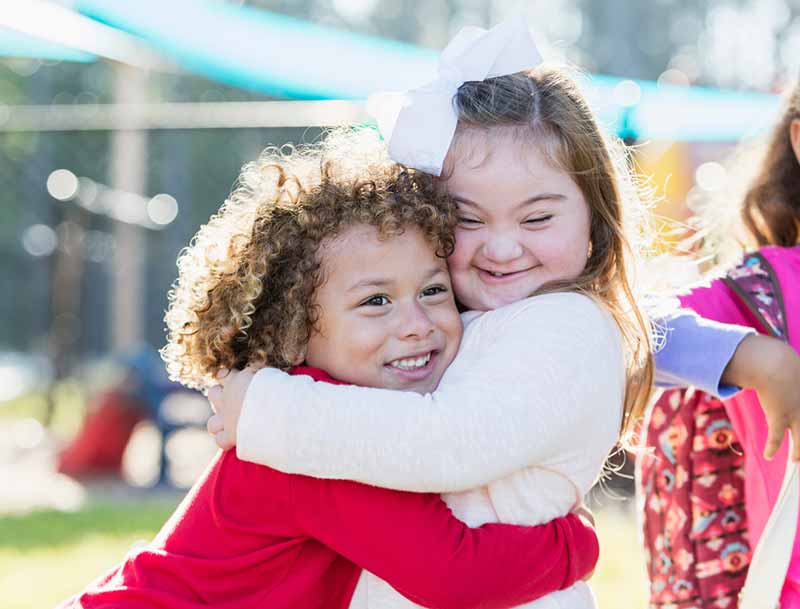
What You Need to Know
As children grow, many will begin to show interest in their peers, a desire to play with other children, and develop close bonds with playmates. Preschoolers need your help to make and maintain friendships. You can do this by explicitly teaching social skills (e.g., discussing books or scenarios, modeling skills), providing children with opportunities for repeated practice interacting with peers, and intentionally partnering children. This allows children to watch and learn from others who are successfully navigating social interactions.
What It Looks Like
A quick glance at how you can support preschoolers as they develop peer relationships
Be a Super Friend
Acknowledging and focusing on positive peer interactions help children as they work to make and build friendships.
Peer Planning
Providing extra support through peer pairing encourages children to think about who they are going to play with and what they are going to do.
Model How to Play Together
Talking about how to play with friends is one way to promote positive interactions among children.
COVID-19 ADAPTATIONS
Supporting Peer Relationships
In this webinar, educational coaches Stephanie Adams and Caitlin Powell present strategies we can use to support peer relationships in a virtual, hybrid, or physically distanced classroom environment.
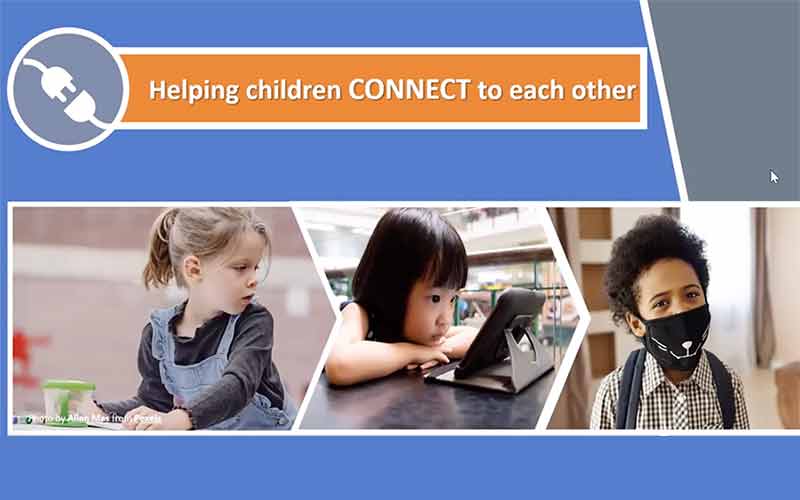
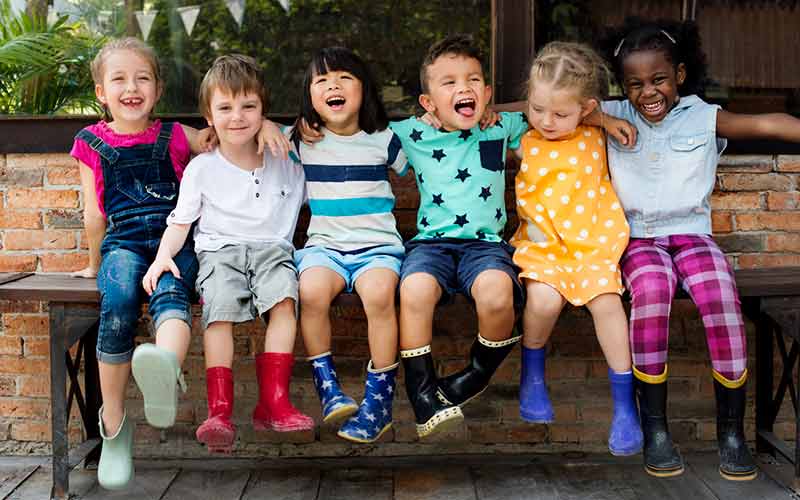
CLASSROOM STRATEGIES
Supporting Friendship Skills
Young children may be starting to show interest in their peers. They need our support to make and maintain friendships.
TRAUMA-INFORMED CARE
The Power of Play for Healing Trauma
Before fully engaging in interactions with peers, children exposed to trauma may need extra support to feel safe. This Childhood Education International brief presents ways in which play can help address these children’s needs.
FAMILY CONNECTION
Working with Families to Support Peer Relationships
This article from Raising Children Network (Australia) discusses how preschoolers make friends and what teachers and families can do to support peer relationships.
CONSIDERING EQUITY
Supporting Young Children's Friendships
Some children with disabilities need extra support to connect with peers. This podcast describes the importance of early friendships and strategies to support children as they interact with peers.
BUILDING YOUR LIBRARY
Books to Support Peer Relationships
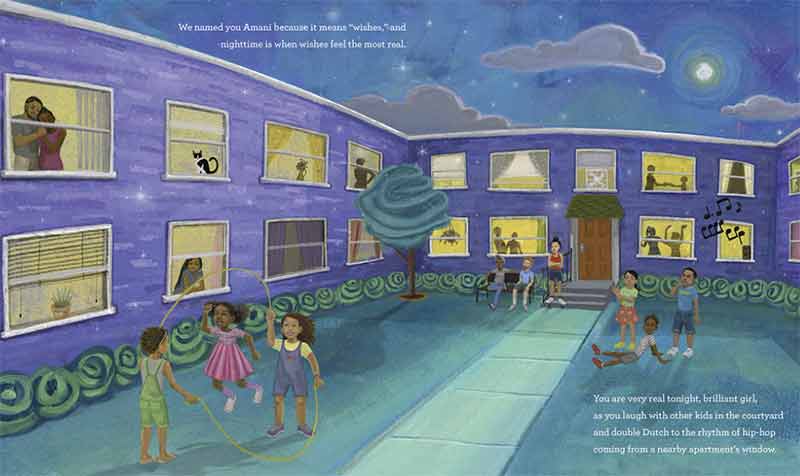
BENNY DOESN'T LIKE TO BE HUGGED
Written by Zetta Elliot and illustrated by Purple Wong, this is a simple, yet beautiful story about a friendship between a child with autism and a typicially developing child.
Thank You, Omu
Written and illustrated by Oge Mora, Thank You, Omu is a story about how small acts of kindness, like sharing, can bring a community together.
The Night Is Yours
The Night Is Yours, written by Abdul-Razak Zachariah and illustrated by Keturah A. Bobo, is a story about a little girl who makes sure to include everyone in her game of hide-and-seek.
Little Elliot Big City
Little Elliot Big City, written and illustrated by Mike Curato, is a story about a small elephant who faces some challenges throughout his day. But with the help of a new friend, no challenge is too big.
Activity Cards for Preschool Classrooms
Part of the STREAMin3 curriculum, these activity cards provide simple and fun ways you can help children connect with others

Hello, Goodbye!
Provide opportunities for children to greet or say goodbye to each other across the day.
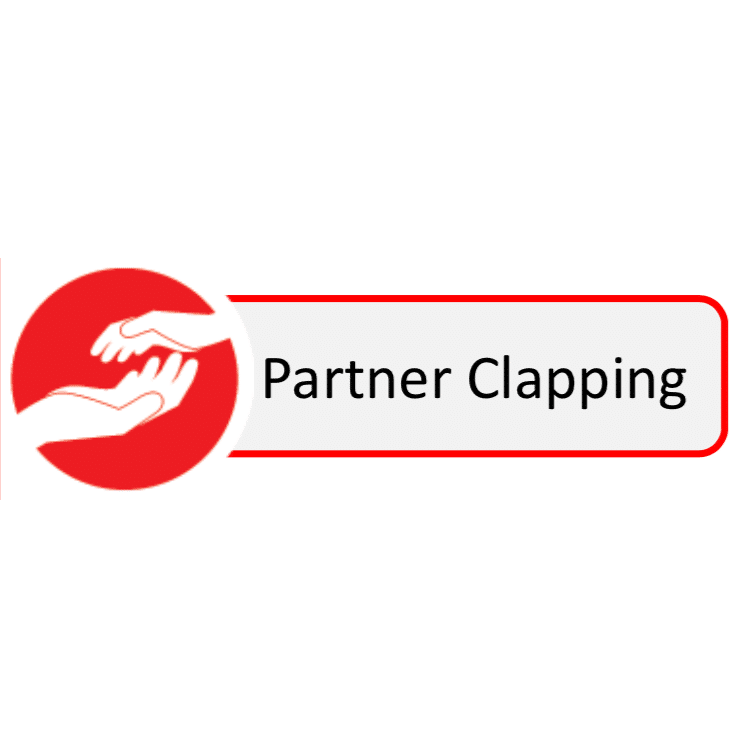
Partner Clapping
Encourage pairs of children to sing Pat-a-Cake while clapping hands and sitting in a criss cross position.

Partner Yoga
Yoga can be a fun way to connect. Challenge children to pose with a partner and work together.
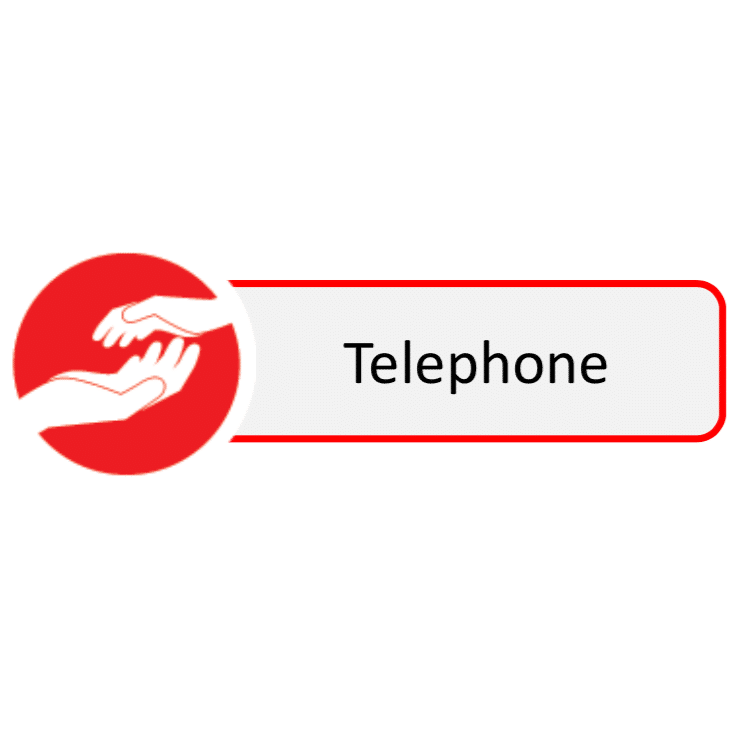
Get Our Resource Guide
Includes questions and activities to guide your use of the videos, book suggestions, and activity cards featured for each of our core social-emotional skills

